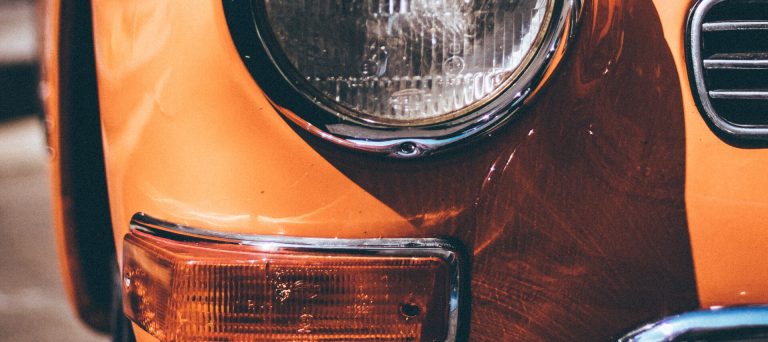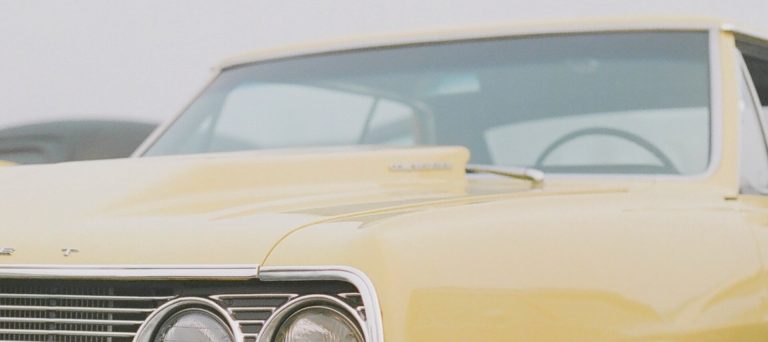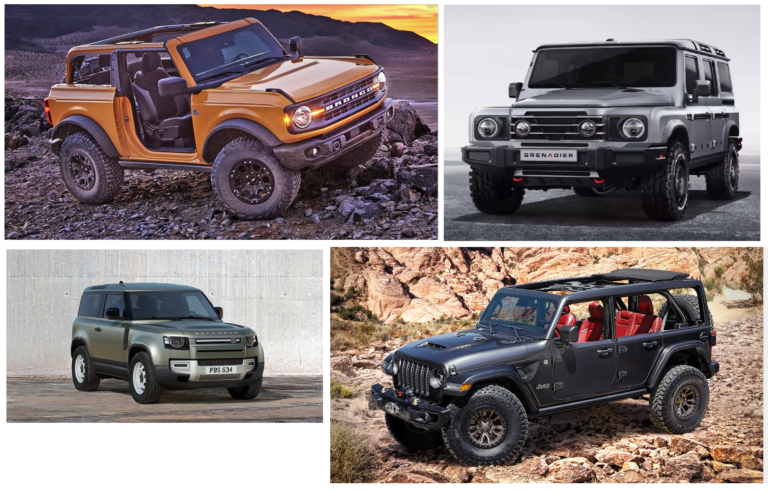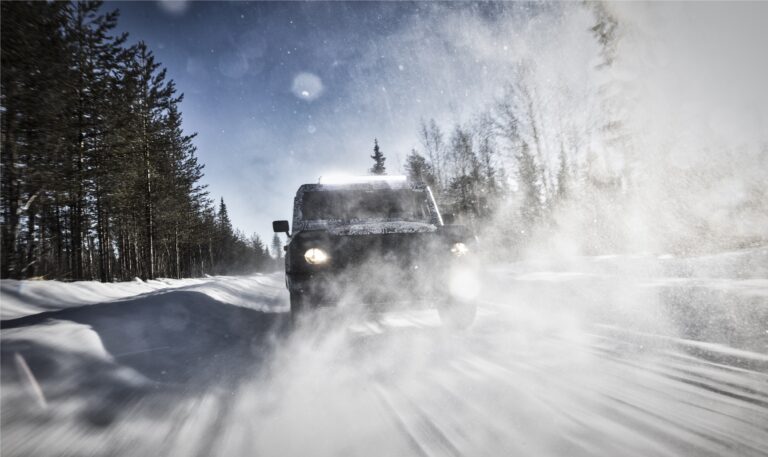Hi JM,
I have been looking around the Web for a blog with your articles. It seems there’s none. It’s a bit hard to find older articles on nation.co.ke.
But now to my question: There are rumours and assertions that VW Tiguans and Touaregs have lots of gear/engine problems, especially as you head to/pass the 50,000km mark. Is it that our mechanics don’t quite understand this German car or could it be true that our fuel is too dirty for their engines. Or is it the manufacturer’s mistake? A look at a US car complaint website also hints at unexplained errors, such as the cars stalling unexpectedly.
Please assist.
Asaph
Hello Asaph,
There is a repository for a number of my past articles as well as some material that was not meant for, or could not make it, to the newspaper. This includes videos, more of which I will be uploading in the next few days.
Yes, on to your question. Rumours and assertions are what I get both on this page and in my various engagements with people out there in the real world, and I will admit I’ve not heard much about the Tiguan. It seems as rock solid a car as one can possibly hope for, and the only issues I seem to trace online centre around the cooling system, more commonly (but overall infrequently) found in 2007-2009 cars. The problem is nothing that a simple fix can’t cure, so I can declare (until further notice) that the Tiguan is what millenials call “one hundred”.
The Touareg? Not so much. The second generation car is a massive improvement of the original, whose main flaws were inherent in the build and had nothing to do with mechanical or electrical glitches.
The first car was so flawed that a friend who bought one sold it before long due to the intense dislike he developed for it during the very brief period he had it.
I will not delve into those flaws (uncomfortable ride, hard and slippery seats) because I have done so already (poor rear visibility, shady looks) on a number of occasions (medieval gearbox, complicated and needless V10 engine).
The biggest problem we had with the Mk. I Touareg was actually our own fault, not the car’s. The diesel engine could not run for long on the derv available from the black pump in fuel forecourts across the nation, and DPF clogging became a topic that we soon got very intimate with.
You can’t blame the car for failing to run after feeding it the basest sort of sulfur-laden muck, can you? People in the energy industry will be quick to comment —sometimes in all caps — that nowadays the entire diesel supply is imported (as opposed to what? Did we used to dig up our own before?) so the quality is world class (as low as 50 ppm, down from 500, they might add) and any euro 6 engine will run fine with it… Yea, I don’t think so. We might be getting diesel so fresh that it is safe to cook with, but we have these people called distributors and some of them are callous knaves who are not above adulterating the content for the sake of expanding their already wide and ill-gotten profit margins. How do you handle that, Mr. Oil-Industry Executive?
How widespread are the complaints on the American website? The unexpected stalling could be a few isolated cases, and given that it is coming from a whiny demographic that solves the most insignificant problems either through declaration of war or via class action lawsuits, I might not take it too seriously.
Volkswagen, as an entity, has been on the back foot Stateside ever since the emissions scandal came about and Toyota found itself having to account for several deaths after their accelerator pedals stuck open and the affected drivers did not have the presence of mind to shift their transmissions into neutral instead hugging their families as they awaited impact at 190km/h. The Americans could be complaining about nothing.
I, on the other hand, checked out a few British forums (England is where we are more likely to import a used Touareg from anyway, not the US) and the reviews there are all glowing. No derision, no vilification, no major complaints. These, by the way, are about the second generation car.
Dear Sir,
Thanks for the good work you are doing, resolving our motoring issues.
I own a 2001 Toyota Runx. Its mileage reads 191km on the odometer. Is there a time when a vehicle comes to the end of its working life? So far everything is okay. I try to ensure that maintenance is done, that is, changing oil as required, topping up all the engine fluids like I should and replacing parts at the slightest warning sign – no major parts though, just routine (fan belt, water pump, bushes, shocks, etc). Is there a way of extending the life of a vehicle? The car does about 40 km a day to work and back (city traffic) and a couple of trips upcountry per year.
Kenneth.
Hello Kenneth,
Good work on the maintenance aspect. That is exactly how to run a car, and to answer your question: that is also exactly how to extend the life of the engine.
There is a time when the engine comes to the end of its usefulness, and that depends on how it was used.
There isn’t an actual solid figure, but most small engines will become white elephants past the 500,000km mark, though there are a few that made it to a million kilometres. The rule of thumb is, the larger and more unstressed the engine (doesn’t need high revs to do its best work), the longer it will last. Truck and bus engines are supposed to go as high as 5 million kilometres.
The daily mileage you mention is also very important. I’d advise most car owners out there to ensure that most of the time they crank the engine, they won’t be driving distances less than 20km in one hit.
This allows everything to warm up properly and the oil to circulate to its best, keeping things in order. Shorter runs mean the oil might not warm up properly and a lot of drive time is spent with no oil in the moving parts, which greatly increases wear and tear.
That is why I have managed to put another 14,000 trouble-free kilometres on the Legacy I got a mere nine months ago. The odometer is hovering around the 200,000km mark now and the engine still purrs like new. Oil it properly and it will serve you well.
Hi,
Between the Toyota Noah 2010 and Toyota Voxy 2010, both with 2000cc engines, is there any difference in terms of fuel efficiency, mechanical problems, or availability of spares? I see more Toyota Noahs on the road than the Voxys; could there be something unique to the Noah. I am planning to buy one of them in future.
Daniel
These two are the same car. The only differences are in trim and ride height, with the Voxy riding lower and looking fancier and hence costs just a little bit more depending on mileage, but they really are the same car.
Hi Baraza,
Thanks for your informative column. I can never wait for the next.
I have two issues that I need your advise on.
- I am getting into commercial poultry farming, I will be having local clientèle, supplying eggs and broilers. I need a pickup truck for this work and I am torn between the Toyota Hilux single cab and Isuzu DMAX single cab, (you have compared these two pickups before) but my worry is that a local mechanic tells me the DMAX comes with a turbo that is somewhat problematic, while the Hilux comes with the D4D engine that seems to upset everyone online; is this true?
In my view, the new-look DMAX is a bit higher/raised, which is somehow a good thing compared with the Hilux, which is always in the same position – I would say low. Which one should I go for between these two.
(PPS Is there something like a Toyota Hilux High Rider and is the Toyota Tundra available locally? Can it do this work)
- In the recent past, there has been a remarkable increase in the commercial usage of the Mercedes Sprinter, Ford Transit, Volkswagen Transporter, mainly as PSVs, with some modified to serve as hearses. Between these three vans, which one would you advise me to go for? Please note that I am not getting into the PSV business; maybe I will have it for hire.
Brian Bwana
Hi Brian,
- Poultry farming, eh? Tasty vocation. Well, I do have an answer for you, but not from the perspective you gave. I’d say get the DMAX for one very simple reason: it is more comfortable than the Hilux. Every single example of the two cars I have driven yielded the same outcome: the ride in the DMAX is a lot less jarring compared withthe Hilux, whether single cab or double.
Given that you will be ferrying live animals and eggs, your needs here focus more on comfort than outright firepower. You don’t want to shatter the skeletons of those broilers, do you? And your eggs are not ordered broken and pre-scrambled, are they? This is where the DMAX wins. Toyota will have my skin for this, but it is what it is.
The turbo in the DMAX is not problematic, at least not as far as I know. Run it as you would any other turbocharged engine (install a timer, use the right oil, and avoid overloading the turbo with insane throttle applications) and it will serve you faithfully.
The DMAX comes from the dealer with both high-riding and low-riding formats for the single-cab.
Toyota also has both, but locally, the high-riding single cab was discontinued, I don’t know why. In case it has been reinstated, they should let us know.
The Tundra is a United States Domestic Market (USDM) car and is mostly available as LHD. I am yet to spot a RHD Tundra. It is a massive vehicle that will cost you a pretty penny; the Tacoma is more analogical to the Hilux and probably more appropriate, but then again, it is a Hilux, only reskinned for more contemporary models; why go for an American LHD car when there is a more familiar RHD available?
- Interesting question this. Now, I am not very familiar with the other two (Volkswagen and Ford), only with the Mercedes, which is very good in its own way, but this is one rare instance where I will follow the democratic method and say go for the Ford.
This car outsells the competition on a scale not seen since Microsoft Windows became a monopoly many seasons ago, and surely there has to be a solid reason behind it. It is affordable, it is reliable, it is versatile, it is powerful, it is economical, it sells by the million in Europe.
Sure, the Sprinter also has these qualities and probably the Transporter as well, but why would the Transit outsell them that badly? And this is in Europe where they take their cars and car reviews seriously.




